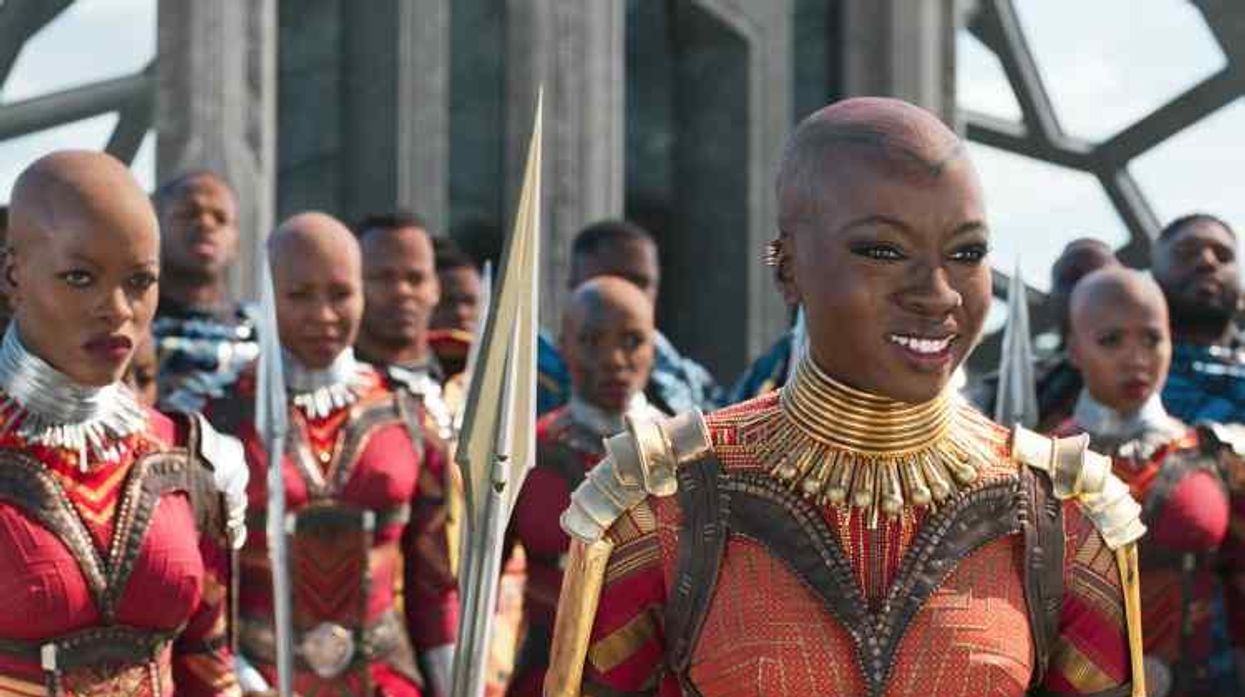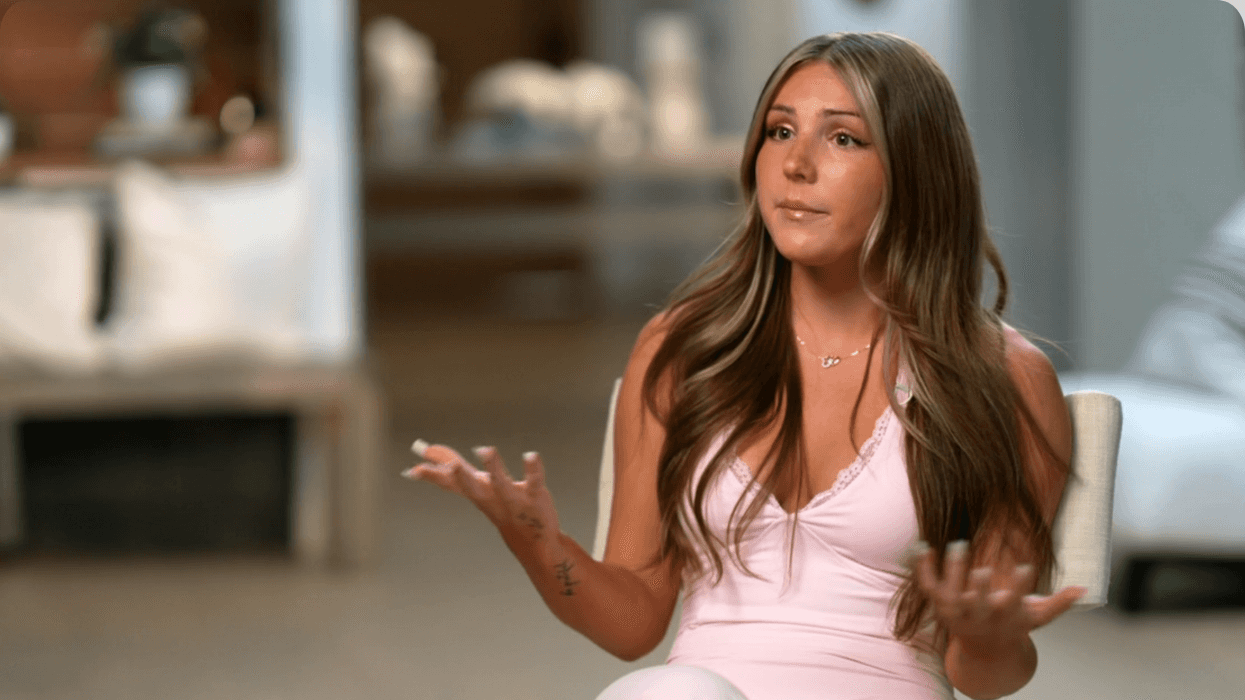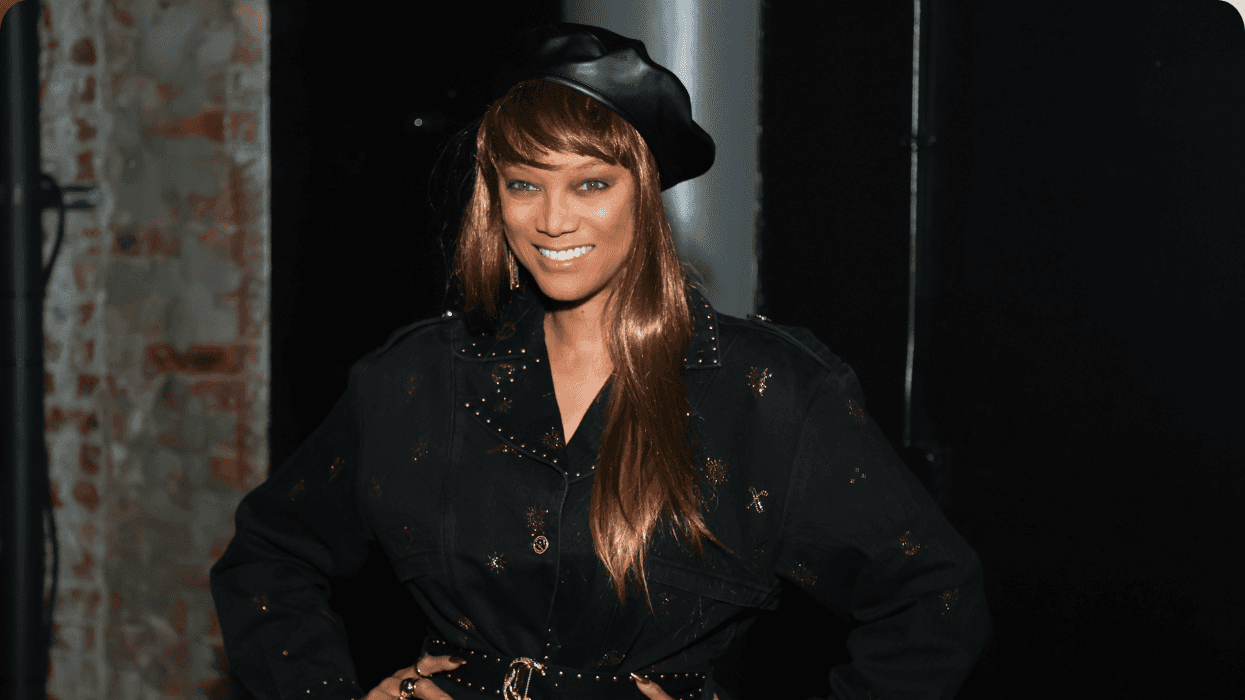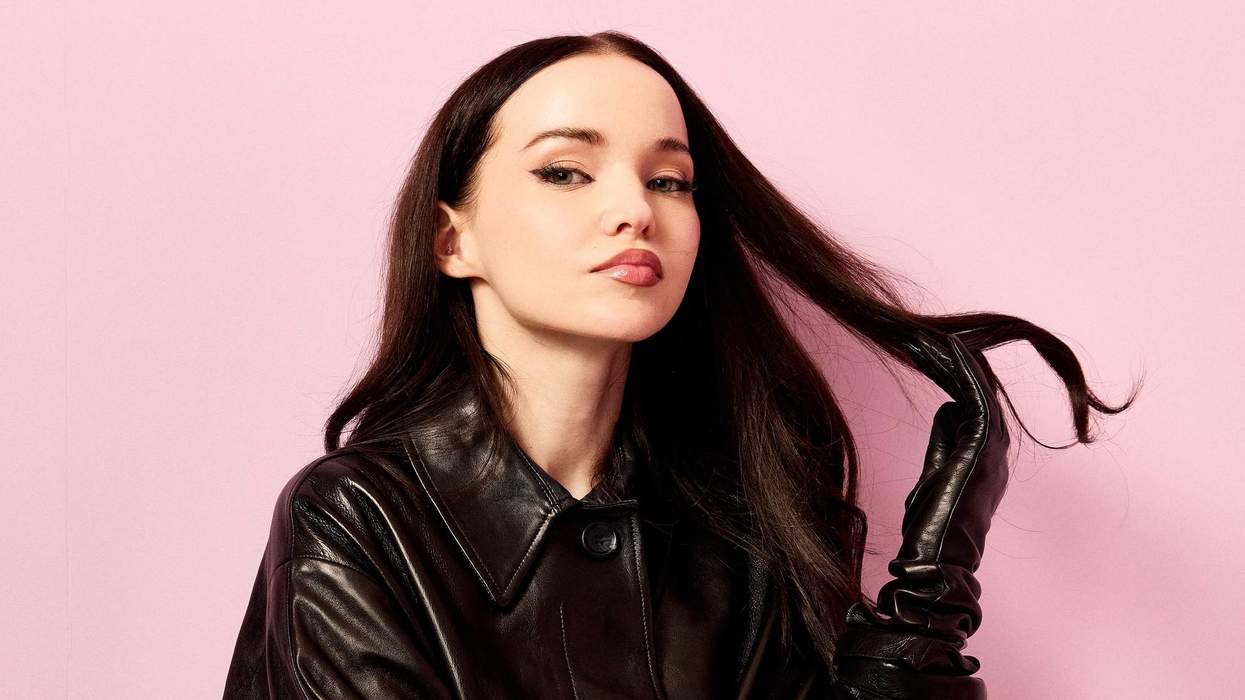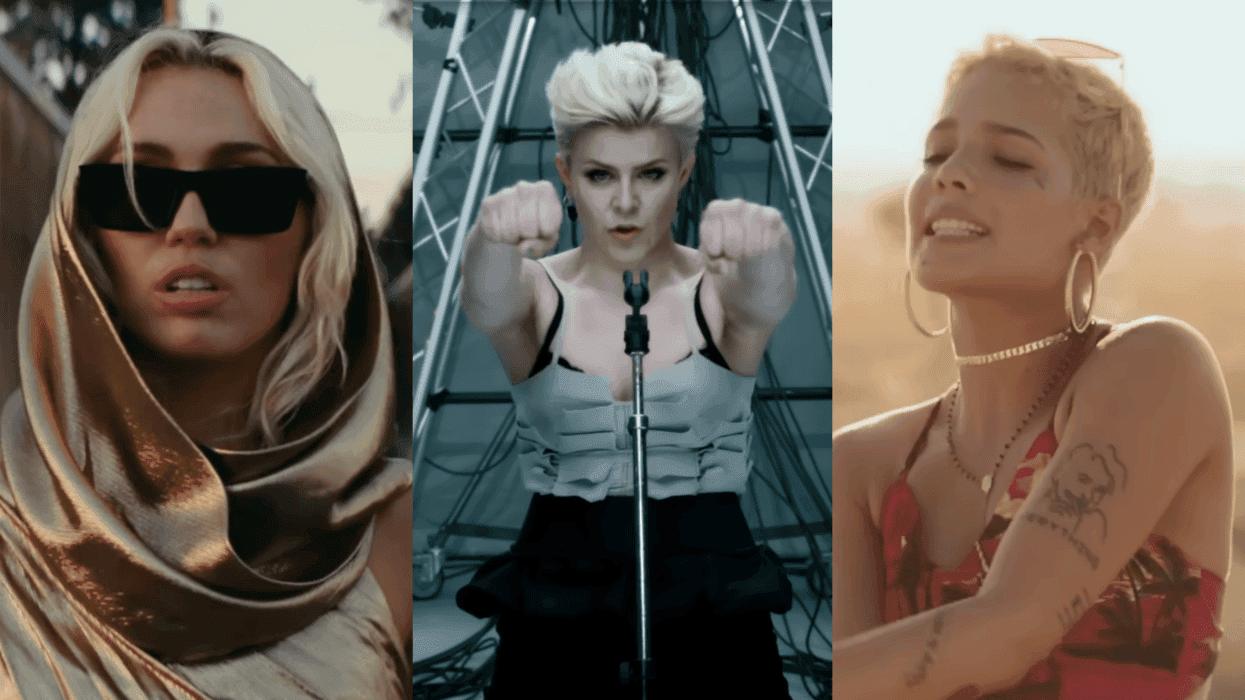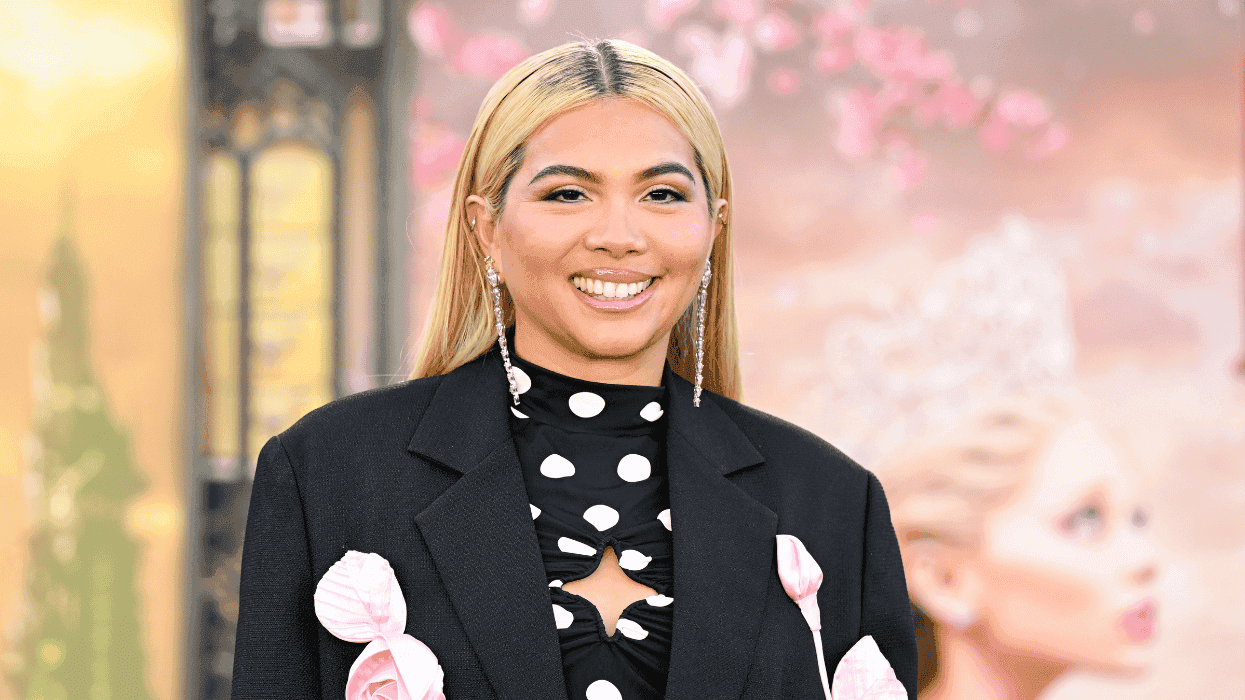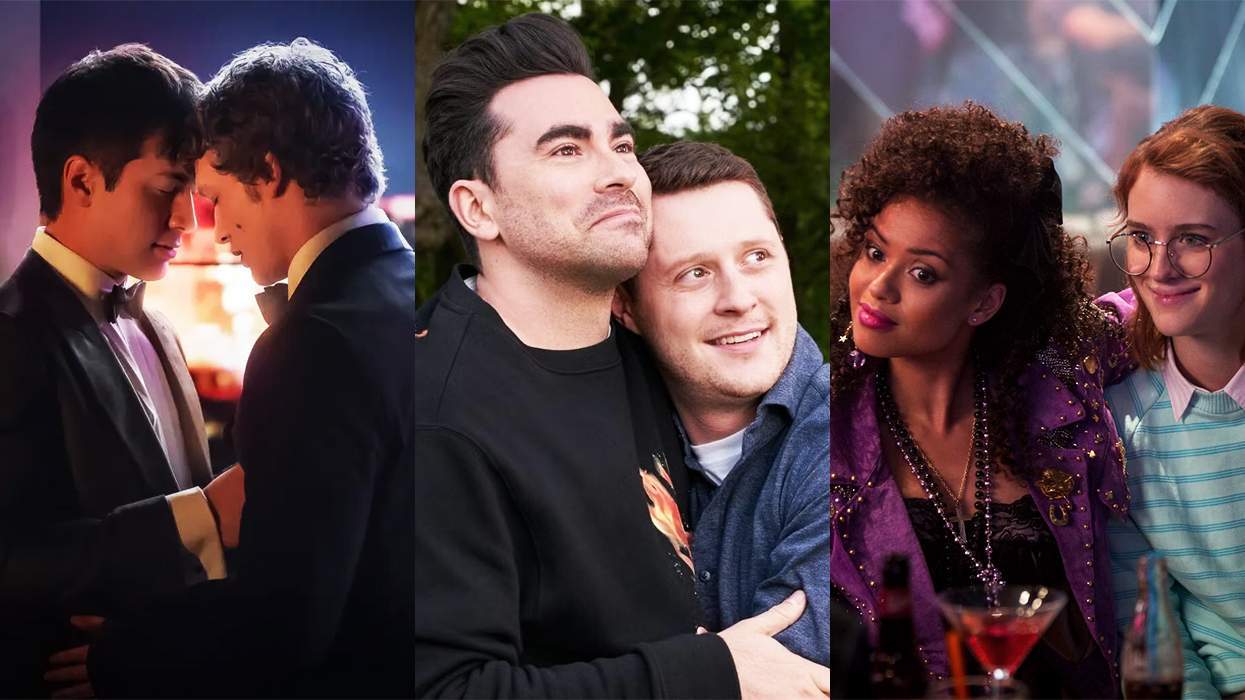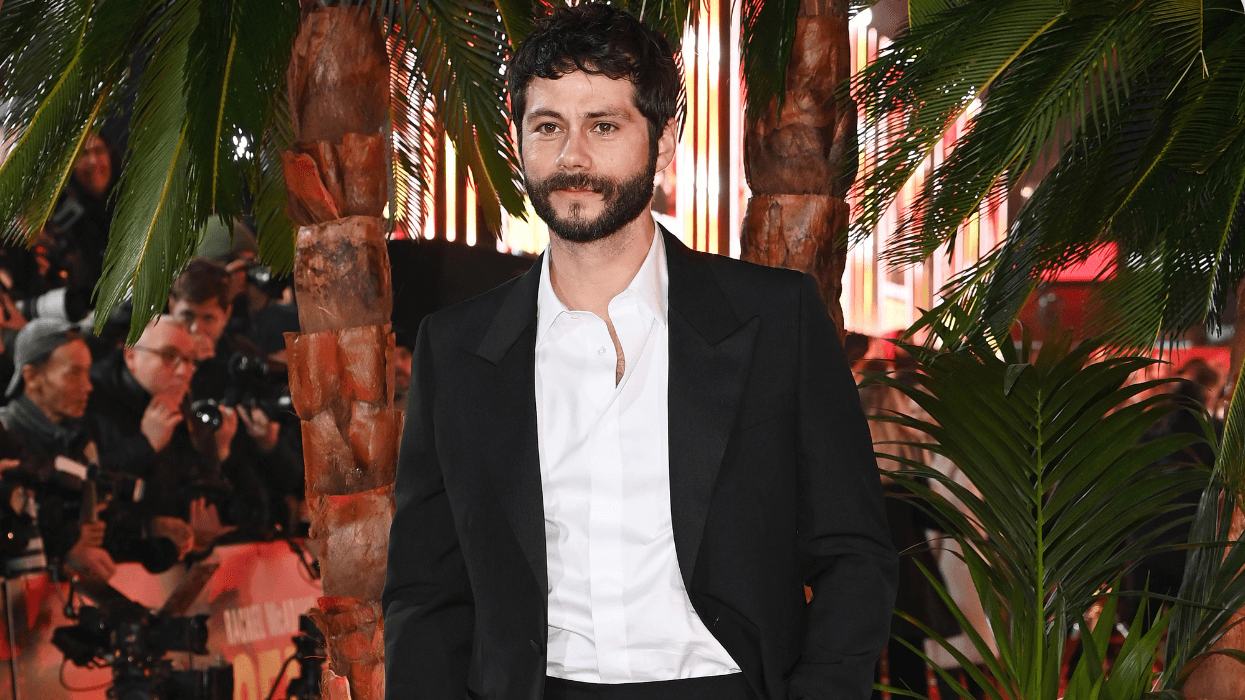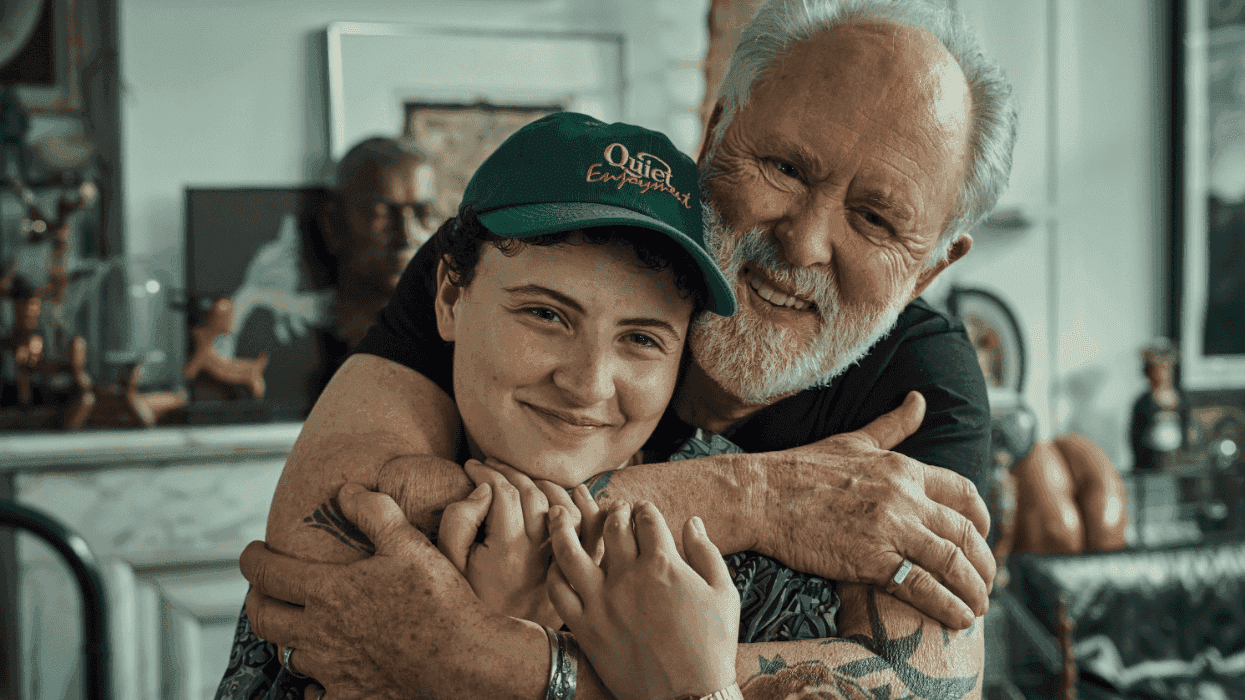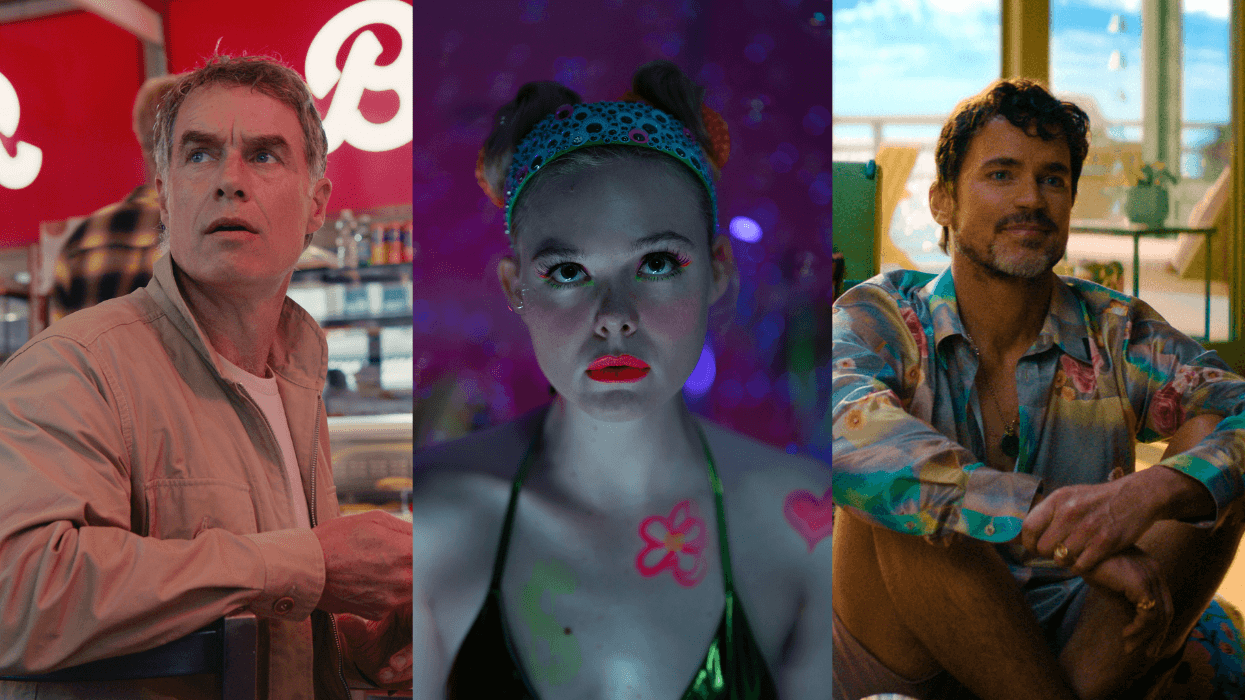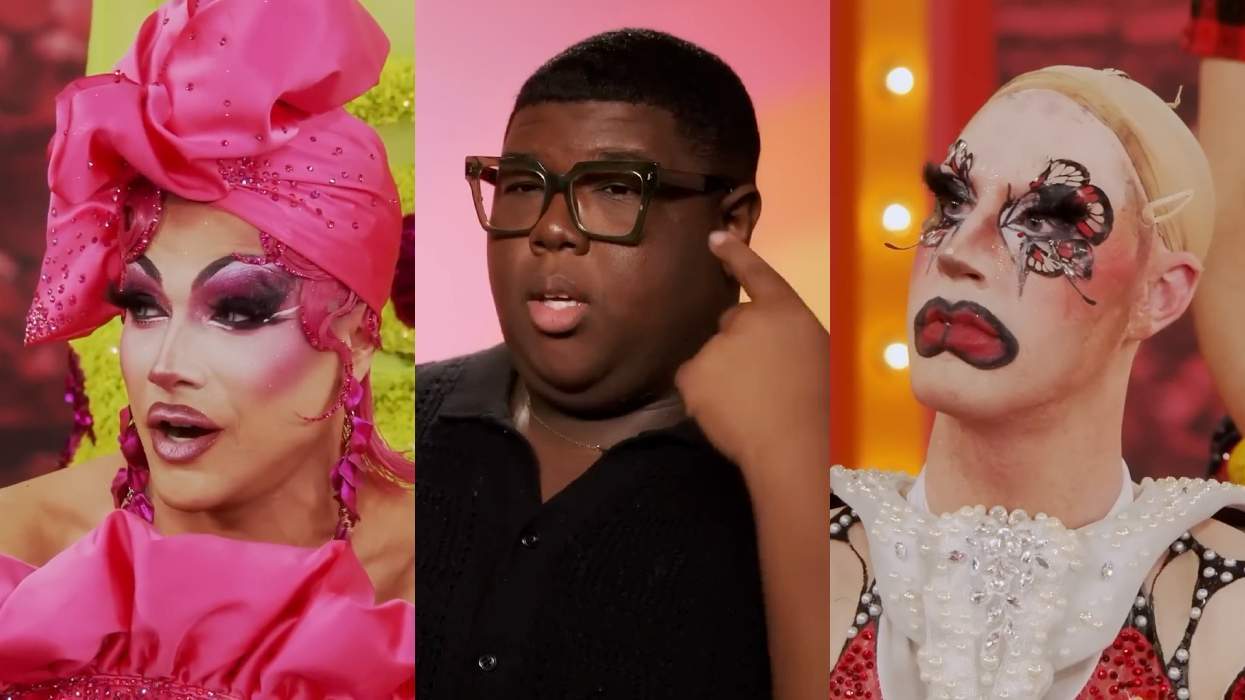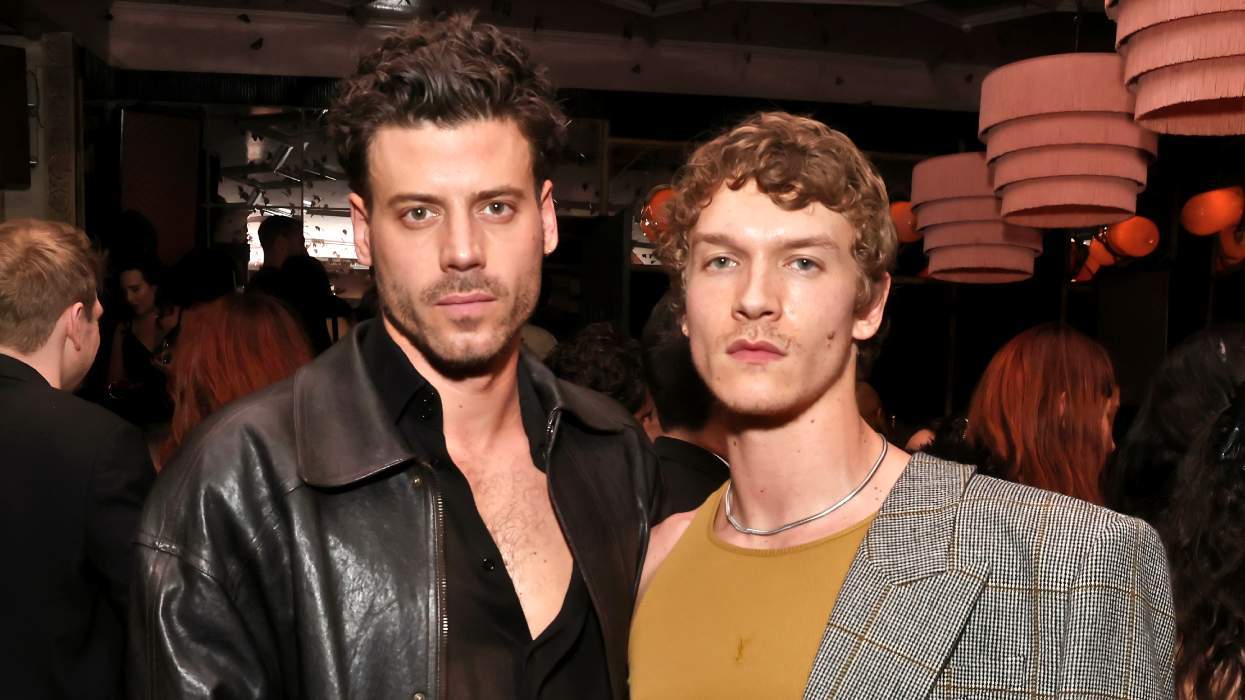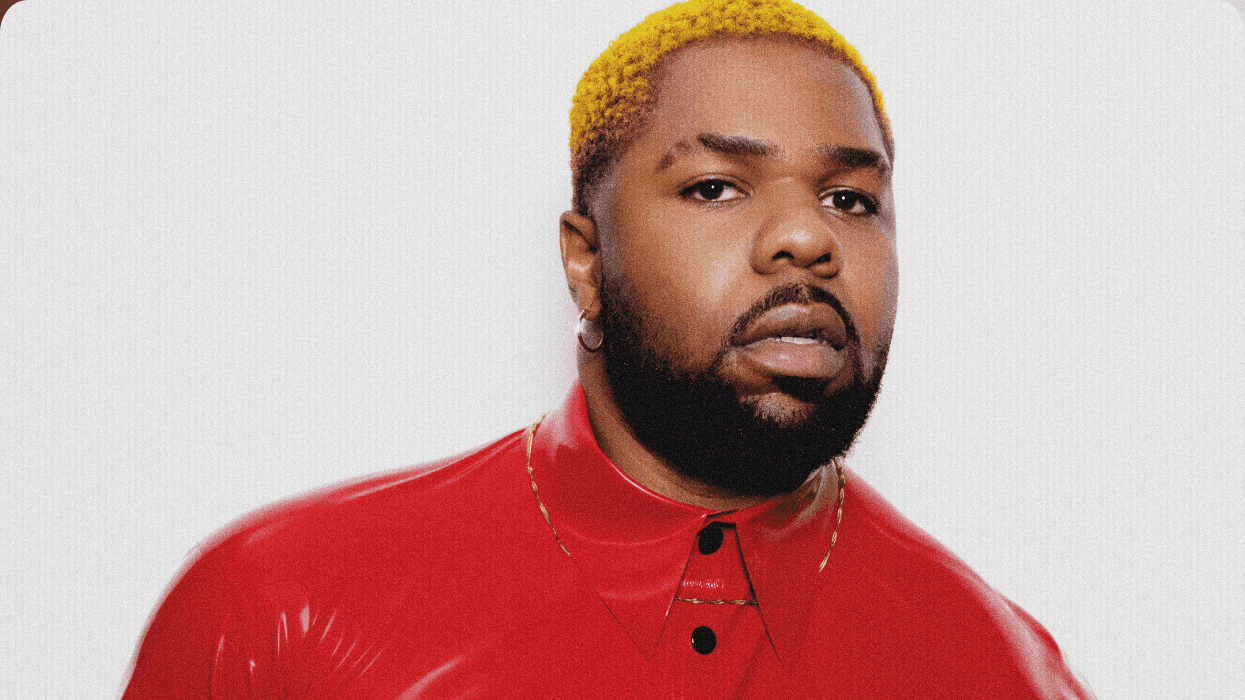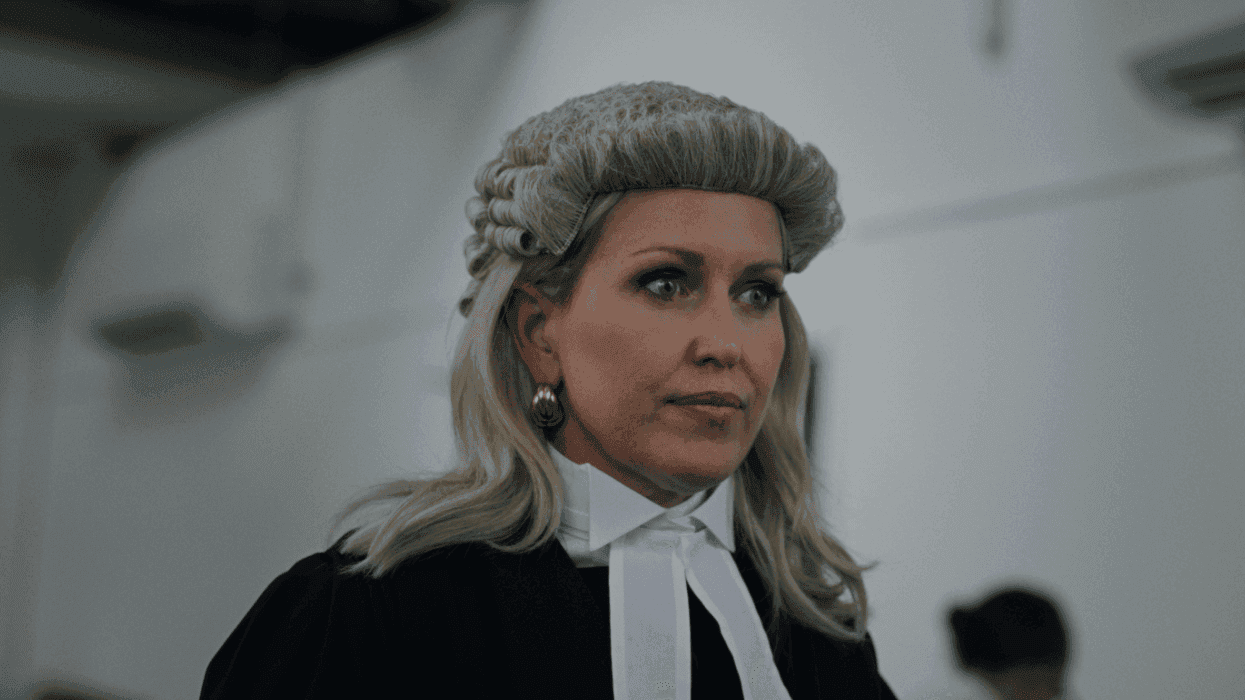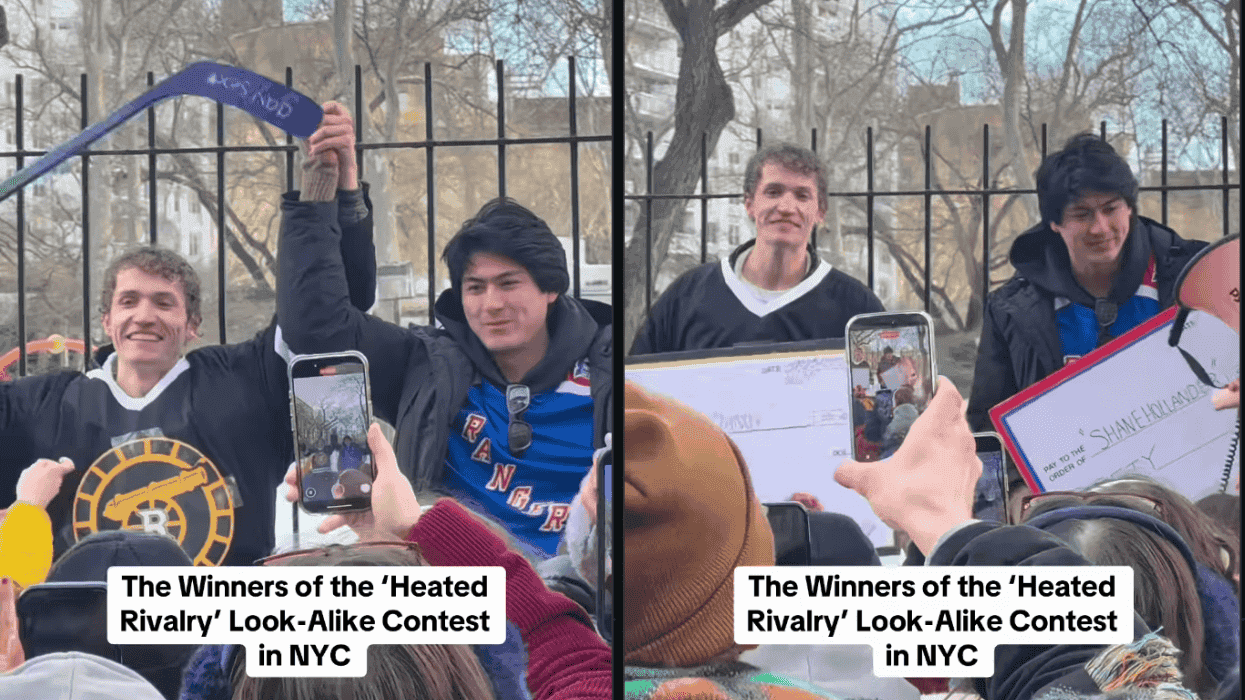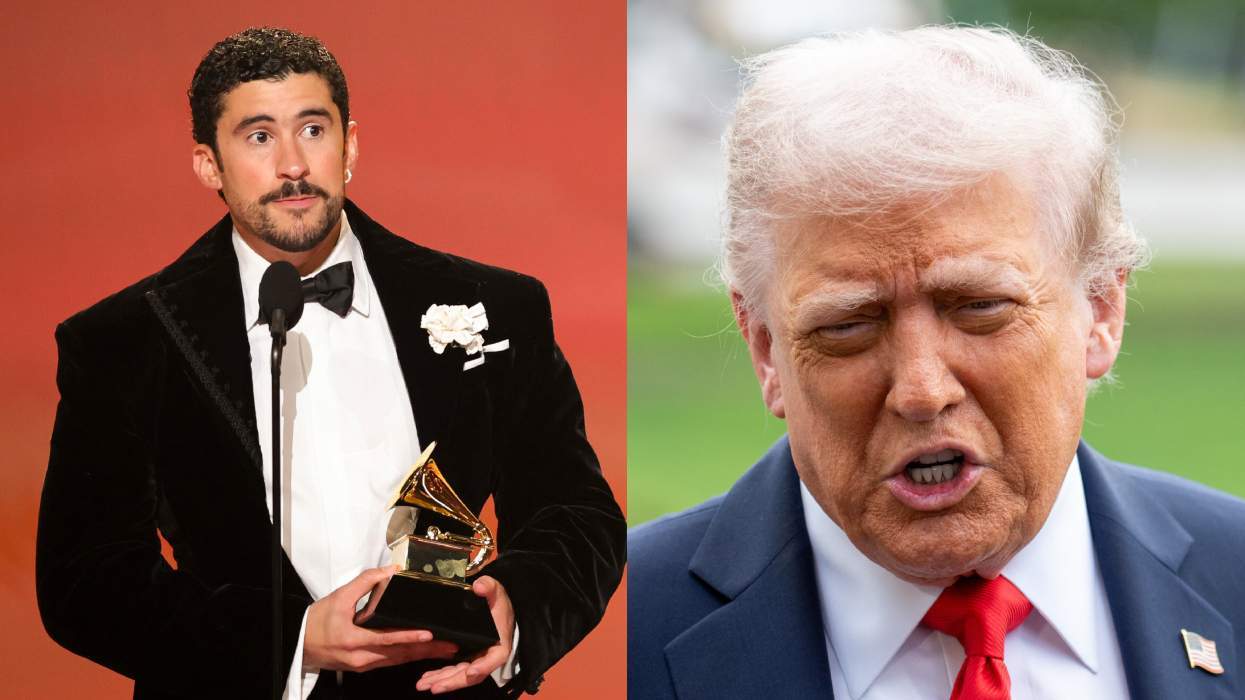Queer characters aren't hard to find when it comes to comic books, but they're much harder to spot in superhero movies -- especially when the studios behind those movies choose to straightwash the queer characters they do write into their films.
Black Panther, Wonder Woman and Thor: Ragnarok all feature characters who are queer in their respective comics: Black Panther's Ayo, Thor Ragnarok's Valkyrie and Wonder Woman herself are all canonically queer, yet the films don't represent them that way. In fact, there are rumors that Black Panther and Thor both initially planned scenes that addressed Ayo and Valkyrie's queerness before scrapping them.
As part of their annual Studio Responsibility Index, which measures queer representation in media, GLAAD president Sarah Kate Ellis called on these studios to do better.
"With wildly successful films like Wonder Woman and Black Panther proving that audiences want to see diverse stories that haven't been told before, there is simply no reason for major studios to have such low scores on the Studio Responsibility Index.
At a time when the entertainment industry is holding much needed discussions about inclusion, now is the time to ensure the industry takes meaningful action and incorporates LGBTQ stories and creators as among priorities areas for growing diversity."
Ellis goes on to say that these characters should be explicitly queer in films, that audiences shouldn't have to be familiar with the source material or read interviews with the directors to know that they are represented in the films they're watching.
"Far too often LGBTQ characters and stories are relegated to subtext, and it is left up to the audience to interpret or read into a character as being LGBTQ. Audiences may not realize they are seeing an LGBTQ character unless they have outside knowledge of a real figure, have consumed source material for an adaptation, or have read external press confirmations. This is not enough.
Our stories deserve to be seen on screen just as much as everyone else's, not hidden away or left to guess work, but boldly and fully shown."


